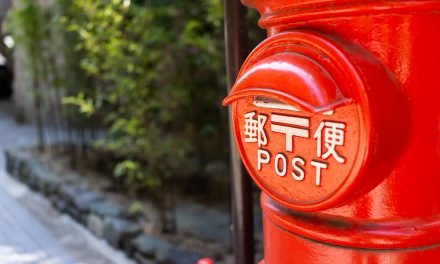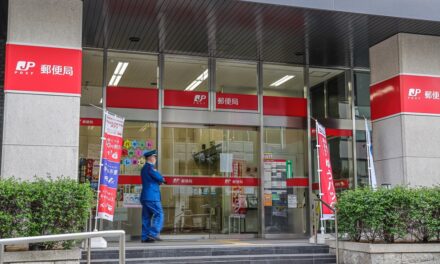
Japan Post sees need for real estate investments
Japan Post, which controls 328 trillion yen (USD 3.06 trillion) in assets, should diversify its investments, possibly into real estate, an executive said on Friday 12th September.
Japan Post Insurance, the insurance unit of Japan Post and manager of the funds brought in from the organisation’s “kampo” postal insurance services, now invests 61 percent of its 120 trillion yen of kampo assets in Japanese government bonds, Saito said.
Saito noted that Japanese life insurers invest about 5 percent of their assets in real estate and about 15 percent in government debt. If the same proportion of the 120 trillion yen kampo money were invested in real estate, that would be 6 trillion yen, Saito said.
Several midsize Japanese real estate companies have folded this year due to tighter credit conditions. Last month, Urban Corp failed in the biggest collapse of a listed Japanese company in six years.
Japan Post should also utilise its current 3 trillion yen worth of real estate assets, said Saito, adding that it was questionable whether the organisation needed to retain its employee housing facilities.
Japan Post has 30 apartment buildings with 1,700 units for its employees in the central Tokyo wards of Chiyoda, Chuo and Minato, he said.
Japan Post, which controls 328 trillion yen (USD 3.06 trillion) in assets, should diversify its investments, possibly into real estate, an executive said on Friday 12th September.
“A significant portion of Japan Post’s investments is in Japanese government bonds, but real estate is an attractive investment target,” Takashi Saito, deputy senior general manager of the corporate real estate department at Japan Post, told a real estate investment forum in Tokyo.
“It is not desirable to rely on a single item. The outlook for the Japanese government bond market is unclear,” he added.
Japan Post Insurance, the insurance unit of Japan Post and manager of the funds brought in from the organisation’s “kampo” postal insurance services, now invests 61 percent of its 120 trillion yen of kampo assets in Japanese government bonds, Saito said.
Saito noted that Japanese life insurers invest about 5 percent of their assets in real estate and about 15 percent in government debt. If the same proportion of the 120 trillion yen kampo money were invested in real estate, that would be 6 trillion yen, Saito said.
Several midsize Japanese real estate companies have folded this year due to tighter credit conditions. Last month, Urban Corp failed in the biggest collapse of a listed Japanese company in six years.
Japan Post should also utilise its current 3 trillion yen worth of real estate assets, said Saito, adding that it was questionable whether the organisation needed to retain its employee housing facilities.
Japan Post has 30 apartment buildings with 1,700 units for its employees in the central Tokyo wards of Chiyoda, Chuo and Minato, he said.
The Japanese government eventually plans to sell shares in Japan Post, which began a privatisation process last October.
Japan Post comprises four main units: Japan Post Insurance, Japan Post Service, Japan Post Network and Japan Post Bank.












